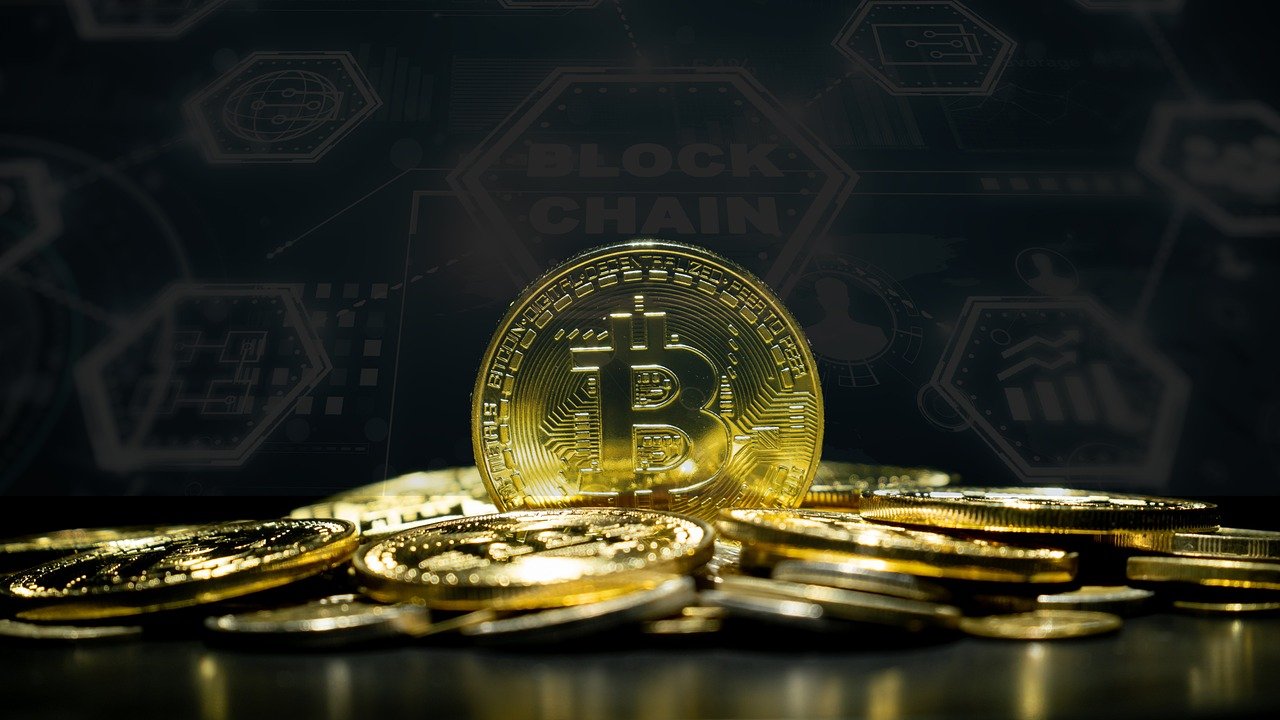Introduction
This article analyzed that as other countries gradually adopt Bitcoin and other cryptocurrencies, Australia also witnessed the same at a very large extent. However, with growing acceptance also come cases of Bitcoin scams and many Australians have found themselves asking what they could do to get back their lost bitcoins. It’s hard to recover lost digital assets due to the decentralization and anonymity of cryptocurrencies, however with the correct local know-how, Australian’s have a better shot at coin recovery. This paper aims to establish why local knowledge is important when dealing with this task in Recover scammed bitcoin Australia.
Understanding the Scale of Bitcoin Scams in Australia
While the idea of bitcoin scams may sound unbelievable, the vice is more rampant than most would imagine in Australia. The Australian Competition and Consumer Commission (ACCC) revealed last year that scams for cryptocurrency increased over the years and cost millions of dollars each year. These scams include ; phishing, Ponzi schemes, and fake investment opportunity scams, and can be aimed at both the new and sophisticated investor.
The consequences are not only counted in the introduced sanctions, but in terms of negative effects on public trust in cryptocurrencies. As a result, many Australians feel trapped when they fall for such scams since recovering such funds from Bitcoin deals is sometimes possible, especially due to the anonimised and irreversible nature of the units. This is where specialized, local expertise becomes quite important.
Why Bitcoin Scam Recovery is Challenging
Recovering lost Bitcoin or cryptocurrency assets can be an arduous task for several reasons:
- Anonymity and Decentralization: Bitcoin transactions don’t require personal information, making it difficult to trace the identities behind each wallet. Scammers exploit this, hiding behind layers of anonymity.
- Irreversibility of Transactions: Unlike bank transfers, Bitcoin transactions are irreversible. Once the funds are sent to a scammer’s wallet, they’re often moved through various accounts or converted to other cryptocurrencies, complicating the tracing process.
- Jurisdictional Limitations: Cryptocurrency scams are global, and the perpetrator may be located in another country. This cross-border element introduces jurisdictional challenges for law enforcement, especially when local authorities may lack experience in handling Bitcoin fraud.
- Evolving Scams and Techniques: Scammers continually adapt, using increasingly sophisticated techniques to dupe victims. Without an understanding of current scam tactics, victims may find it impossible to identify and recover lost assets on their own.
Given these complexities, having access to local expertise in cryptocurrency and Australian legal processes can make a significant difference.
The Role of Local Expertise in Bitcoin Scam Recovery
Local expertise is essential in the fight against cryptocurrency scams, particularly in a specialized field like Bitcoin recovery. Here’s why:
- Familiarity with Local Law and Regulations: Each country has unique laws governing cryptocurrency, and Australia is no exception. Knowledge of Australian regulations, including the Australian Securities and Investments Commission (ASIC) guidelines on cryptocurrency, is crucial. Local experts understand the legal landscape and can leverage this knowledge to navigate potential legal avenues for recovery.
- Understanding of Australian Financial Networks: Financial crimes in Australia are handled differently than in other regions. Local Bitcoin recovery specialists are familiar with the intricacies of the Australian financial network, giving them insights into the most effective methods of asset recovery. For instance, they may know which banks and financial institutions are more responsive to crypto-related inquiries, potentially expediting the process.
- Access to Local Resources and Agencies: Local experts often have established relationships with Australian law enforcement, regulatory bodies like ASIC, and even local blockchain forensic firms. These connections are invaluable when tracking down Bitcoin scammers and potentially reclaiming lost funds. Engaging Australian authorities, such as the ACCC or the Australian Cyber Security Centre (ACSC), is far more effective when done through established networks.
- Tailored Solutions for Australian Victims: Bitcoin scam recovery is not a one-size-fits-all solution. Local experts are better equipped to assess the specifics of each case, developing a tailored strategy that considers the unique circumstances of Australian victims. This may include understanding common scams targeting Australians and creating customized approaches to counteract these specific frauds.
Common Types of Bitcoin Scams in Australia
Understanding the types of Bitcoin scams that commonly affect Australians can also aid in prevention and recovery efforts. Some of the most prevalent scams include:
Investment Scams: These are perhaps the most common type, where scammers lure investors with promises of high returns. They often impersonate legitimate investment firms or celebrities to gain trust.
Phishing Scams: Phishing remains a popular method for scammers, who trick victims into revealing private keys or wallet information via fake websites or emails.
Fake Exchanges and Wallets: Scammers may create fake exchanges or wallet apps that appear legitimate, enticing users to deposit their cryptocurrency, only to lock them out and steal the funds.
Ponzi Schemes: Ponzi schemes exploit the reputation of Bitcoin and other cryptocurrencies, promising high, guaranteed returns to early investors, who are paid with the funds of new investors until the scheme collapses.
Recognizing these scams is the first step, but recovery requires specialized knowledge.
Steps for Bitcoin Scam Recovery in Australia
Here is a general outline of steps Australians can take to recover lost funds in Bitcoin scams:
- Gather Evidence: Collect as much information as possible, including transaction details, emails, chat transcripts, and screenshots. This evidence will be essential for both law enforcement and private recovery specialists.
- Report the Scam: Victims should report the scam to the ACCC through the Scamwatch service and file a complaint with the ACSC. Even if funds are not recovered, reporting helps authorities track trends and target fraudsters.
- Engage Local Bitcoin Recovery Experts: Consulting a local cryptocurrency recovery expert can provide insights into viable options. These professionals can assess whether blockchain tracing is possible and guide victims through the complex landscape of crypto-recovery.
- Blockchain Tracing and Forensics: Specialists may use blockchain forensics to track the stolen funds through multiple wallets. Although not all stolen cryptocurrency is recoverable, tracing can help victims understand where their funds went and potentially hold perpetrators accountable.
- Work with Law Enforcement: Although many scams involve international players, the Australian Federal Police (AFP) and ACSC can assist with tracking and potentially recovering stolen assets, especially if the funds were moved within Australian borders.
Conclusion
Bitcoin scams can be devastating, but Australians don’t have to face these challenges alone. Leveraging local expertise, from blockchain forensics to legal knowledge, can provide a path to recovery and offer hope to victims. While not every case will have a successful outcome, the unique advantage of local knowledge and networks enhances the chance of reclaiming lost assets. As Recover scammed bitcoin Australia, so does the importance of having skilled professionals who understand the nuances of this digital financial landscape.



